In this edition
-
Secretary's message
-
NAIDOC Week
-
60 seconds with...
-
State Budget announced
-
NSW respiratory surveillance reports
-
Telestroke Service
-
1000 free health checks
-
Hunter New England sends medical supplies to Ukraine
-
Quick news
-
Meet our Secretary's Award winners
-
Multicultural resources
-
International Cleaner's Day
-
You've got mail
-
Prototyping Centre to open in July
-
From the Critical Intelligence Unit
Secretary's message
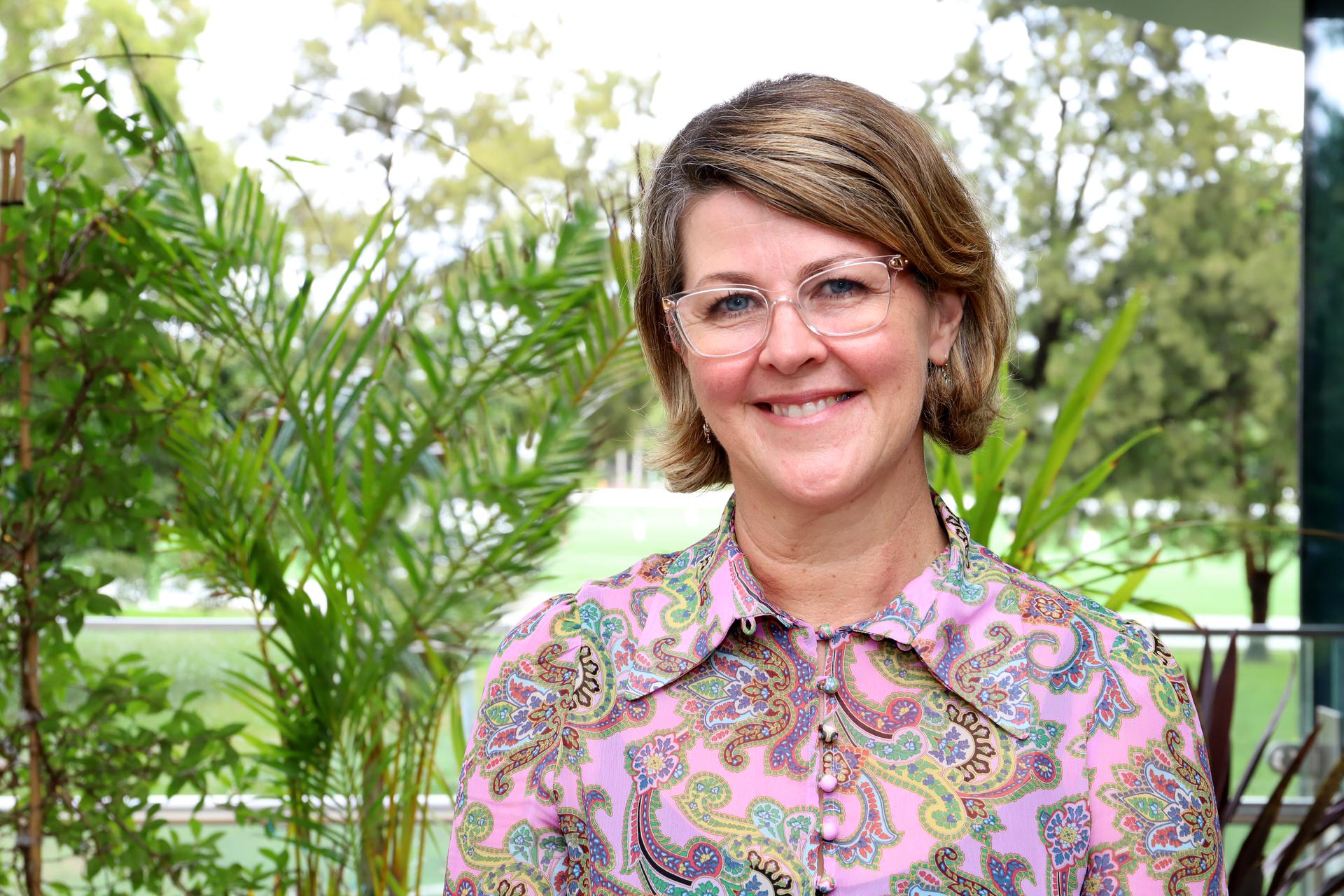 Yesterday, the NSW Government announced the State Budget for 2022-23, and you may have seen the series of pre-budget NSW Government funding announcements for a range of initiatives including health specific activities.
Yesterday, the NSW Government announced the State Budget for 2022-23, and you may have seen the series of pre-budget NSW Government funding announcements for a range of initiatives including health specific activities.
Amongst other important investments, the NSW Government budget announcements for Health include funding additional health workforce, fast-tracking elective surgery and enhancing end of life care.
You can find more information about budget announcements below.
As we move into the new financial year and budget funding implementation I would like to reiterate my thanks to all NSW Health staff for your ongoing dedication to healthcare delivery to the people of NSW.
I would like to particularly acknowledge all of the wonderful cleaning staff across NSW Health who were celebrated for their contributions last week on International Cleaners Day. Without our cleaning staff our health system would not be able to function - they deserve our recognition everyday!
On another note, this issue also marks three months of Check in and we want to hear from you on what you would like to see in your fortnightly newsletter. I encourage you all to have your say and let us know what news matters to you.
Kind regards,
Susan Pearce
Secretary, NSW Health
NAIDOC Week
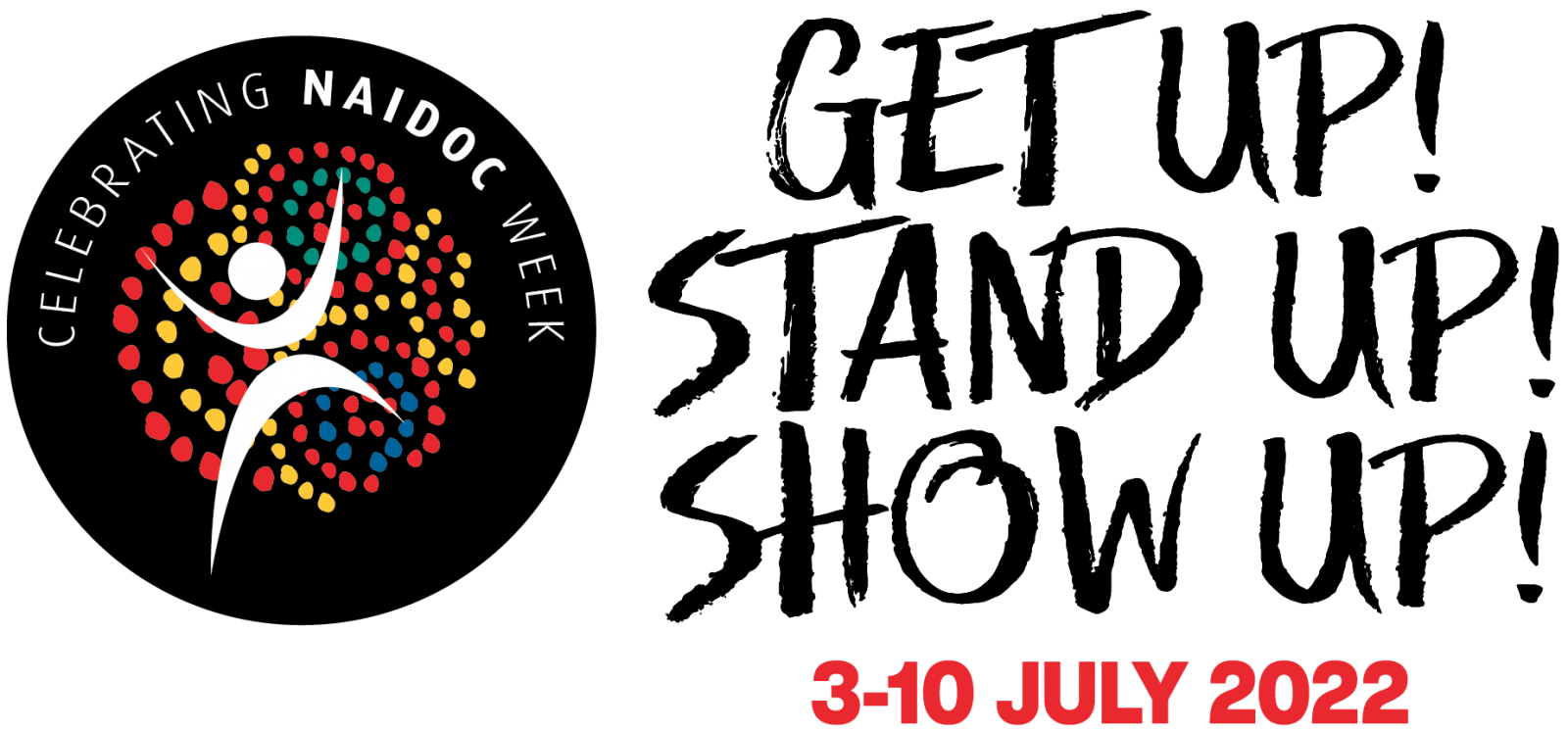 NAIDOC Week celebrations will be held across Australia from Sunday 3 July to Saturday 10 July 2022, celebrating and recognising the history, culture and achievements of Aboriginal and Torres Strait Islander peoples.
NAIDOC Week celebrations will be held across Australia from Sunday 3 July to Saturday 10 July 2022, celebrating and recognising the history, culture and achievements of Aboriginal and Torres Strait Islander peoples.
NAIDOC Week is an opportunity for all Australians to learn about First Nations cultures and histories and participate in celebrations of the oldest, continuous living cultures on earth.
This year's theme encourages us all to
Get Up! Stand Up! Show Up! for systemic change and keep rallying around our mob, our Elders, and our communities.
Whether it’s seeking proper environmental, cultural and heritage protections, Constitutional change, a comprehensive process of truth-telling, working towards treaties, or calling out racism - we must do it together.
It must be a genuine commitment by all of us to
Get Up! Stand Up! Show Up! and support and secure institutional, structural, collaborative, and cooperative reforms.
It’s also time to celebrate the many who have driven and led change in our communities over generations - they have been the heroes and champions of change, of equal rights and even basic human rights.
We encourage you to attend a local NAIDOC event near you. Events taking place are listed on the NAIDOC website.
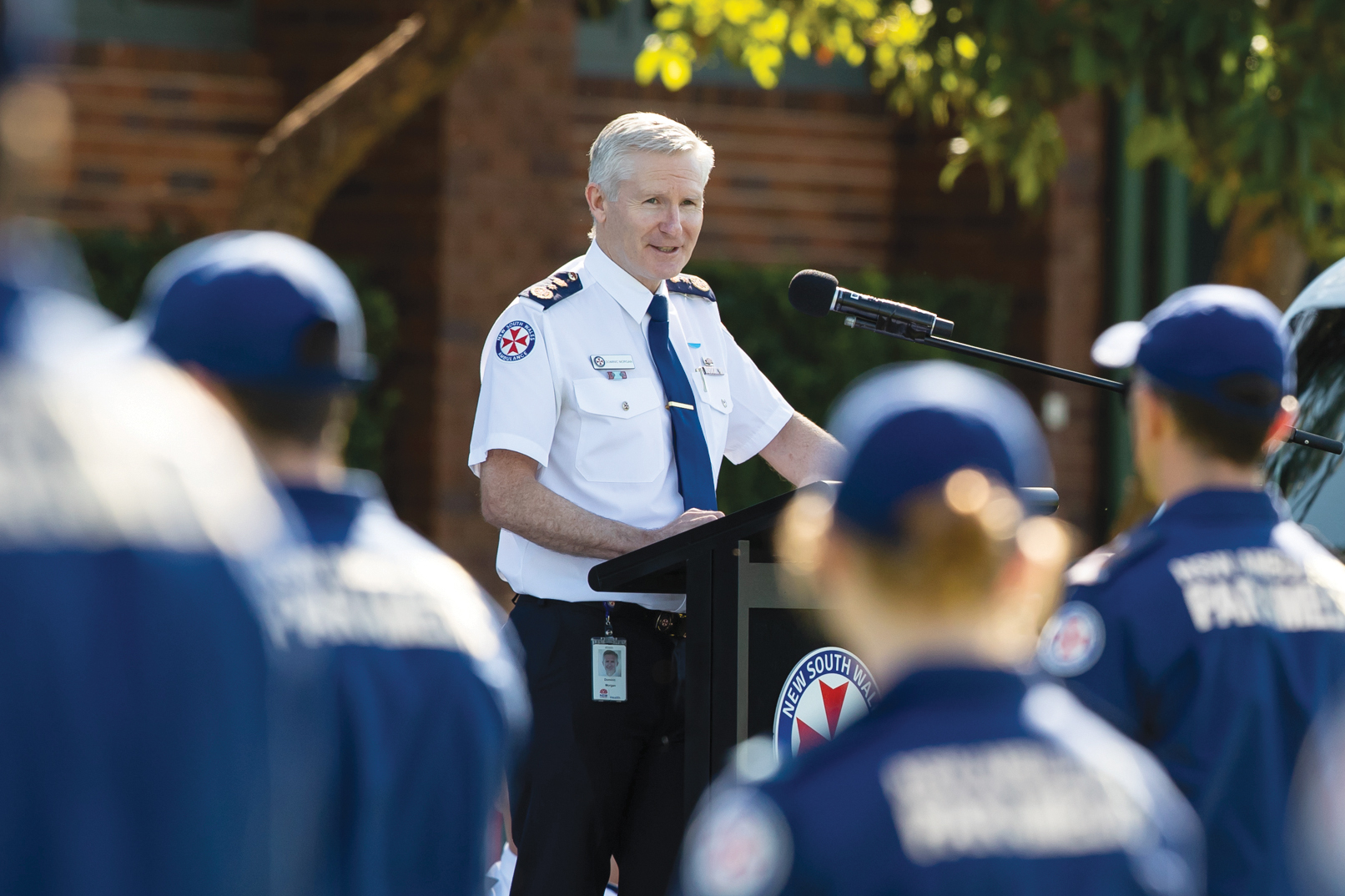
60 seconds with...
Name: Dominic Morgan
Role: Chief Executive, NSW Ambulance
Now, let’s get to know you a little better…
What are three words your family and friends would use to describe you?
Passionate about ambulance!
Last great TV show or movie you watched?
Topgun: Maverick with the family. Even better than the first one. Not big on that style as a rule so was probably comparing it to the original a lot. A few good nods to the first movie along the way.
Favourite book?
The Sound of One Hand Clapping by Richard Flanagan, an Australian author. Once you surrender to his style of writing, which is pretty hard going to start with, it gets better, but the way he writes is as important a part of the book, as its story. Not exactly uplifting, but a powerful and certainly memorable story of post WW2 immigrants arriving in Australia and struggling with the disconnectedness from their cultures and homes. Really poignant.
If you could learn a new skill, what would it be?
I’d love to be musical. Truth is I don’t have musical bone in my body and couldn’t catch a tune if it was handed to me in a bag, but to see great singers and instrumentalists I really appreciate the gift they have.
If you’re cooking dinner, what will everyone be eating?
If you ask my daughter- it will involve eggs. I would like to think I have a few other options to my repertoire but that’s what she would say.
Any hidden talents?
I used to do a lot of small boat racing as a kid and used to love it. With shift work and sailing in teams it just didn’t work anymore but a great separation between work and life, I used to love it.
State Budget announced
Funding has been announced for a range of initiatives in the State Budget 2022-2023.
You can read more on the initiatives below:
NSW respiratory surveillance reports
The latest
NSW respiratory surveillance reports - COVID-19 and Influenza is now available:
In the week ending 11 June 2022:
COVID-19 summary
- COVID-19 transmission in the community remains high but continues to trend downwards. Reported rates of COVID-19 are likely to underestimate true incidence in the community due to a decrease in PCR testing and the use of self-reported rapid antigen testing (RATs).
- PCR testing for COVID-19 has decreased, with 178,462 PCR tests reported this week, a 1.1% decrease since the previous week. The proportion of PCR tests that were positive for COVID-19 remains relatively stable at 11.5%.
- 467 people with COVID-19 were admitted to hospital and 43 were admitted to ICU this week. The seven-day rolling average of daily hospital admissions decreased to an average of 67 daily admissions from 75 last week and ICU admissions remained stable at an average of six daily admissions. Hospital admissions include people with COVID-19 who are admitted for other reasons.
- There were 80 COVID-19 deaths reported this week. Of these, all were eligible for a third dose of a COVID-19 vaccine but only 49 (61%) had received a third dose. Six of the deaths reported were in people aged under 65 years. Deaths may not have occurred in the week in which they were reported.
- The Omicron variant (B.1.1.529) is currently the dominant COVID-19 variant circulating in the NSW community, with BA.2 the predominant sub-lineage. The proportion of specimens likely to be either the BA.4 or BA.5 sub-lineage has increased substantially in the last week to around 22%.
- The BA.4 and BA.5 sub-lineages have a growth advantage over the BA.2 sub-lineage. There is no evidence of a difference in disease severity but this is being closely monitored. The timing of any increase in COVID-19 infections as a result of the BA.4 and BA.5 sub-lineages will depend on a combination of factors, including the growth advantage, immunity levels in the population, and environmental and behavioural factors (e.g. social mixing, isolation when unwell). It is expected that BA.4 and BA.5 will become the dominant strain and will likely be associated with an increase in infections in the coming weeks.
Influenza summary
- Hospital and laboratory surveillance continues to show an increase in influenza activity across NSW, indicating an early commencement to the influenza season and a rapid increase in reported cases.
- Notifications of influenza cases have increased this week; however, case numbers will be impacted by increased levels of influenza testing compared to previous years. Hospitalisations and the percentage of tests that are positive are the most useful indicators for comparison of influenza activity across years.
- Of the 43,884 tests conducted for influenza at sentinel laboratories, the proportion of positive tests remained stable at around 16-17%.
- Emergency department presentations for ‘influenza-like illness’ (ILI) requiring an admission have decreased to 217 compared to 232 admissions in the previous week. 14% of all ILI emergency department presentations requiring a hospital admission this week, which is similar to 15% in the previous week. The proportion of presentations that were admitted to hospital was highest for people aged 65 years and over (53%), 35-64 years (14%) and children aged 0-4 years (15%).
- Influenza A is the dominant circulating strain.
Telestroke Service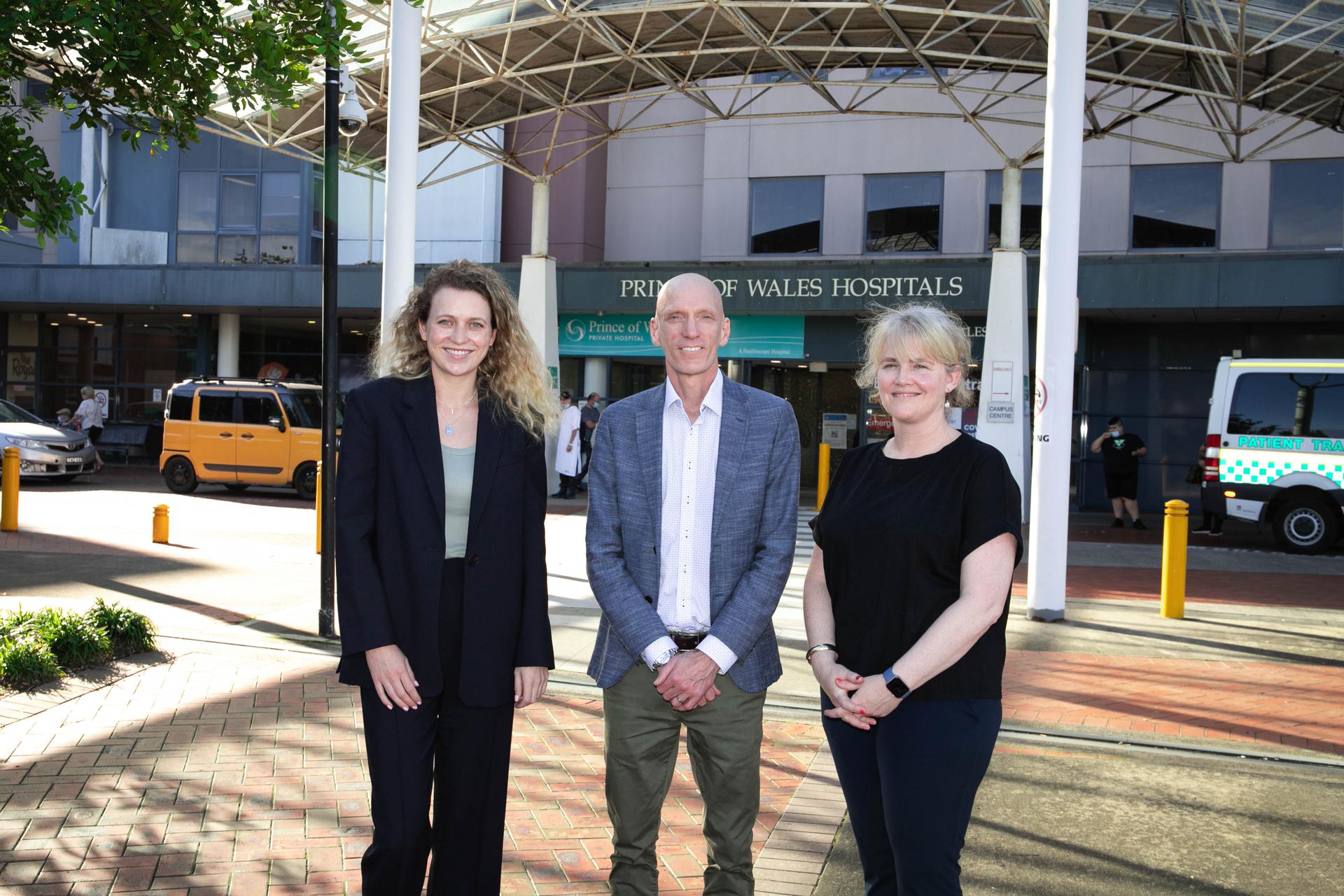
In June, implementation of the
NSW Telestroke Service was finalised following more than two years of site launches in rural and regional hospitals across the state.
Implementation of the service is a collaboration between the Prince of Wales Hospital, eHealth NSW, the Agency for Clinical Innovation and the Ministry of Health.
Hosted by Price of Wales Hospital, the innovative service provides 24/7 access to lifesaving stroke diagnosis and treatment. It connects 23 rural and regional hospitals across NSW with a network of specialist stroke physicians via video consultation.
More than 2,200 patients in NSW’s regional and rural areas have already benefited from life-changing treatment thanks to the NSW Telestroke Service.
One thankful patient is Nina, a nurse and mother of three young children from Northern NSW. When Nina woke at 4.30am with her arm and leg moving uncontrollably, she immediately went to hospital. On arrival at The Tweed Hospital, emergency staff used Telestroke to connect virtually with Newcastle-based neurologist Dr Carlos Garcia-Esperon, who assessed Nina and prescribed vital blood clot-busting medicine.
“My family was so relieved that I received instant specialist care. By 9pm that night I was back to normal, thanks to Telestroke,” Nina said.
Professor Ken Butcher, Medical Director of the NSW Telestroke Service and Director, Clinical Neuroscience at Sydney’s Prince of Wales Hospital, said the NSW Telestroke Service is an important weapon in the fight against stroke, which is one of Australia’s biggest killers and a leading cause of disability.
1000 free health checks
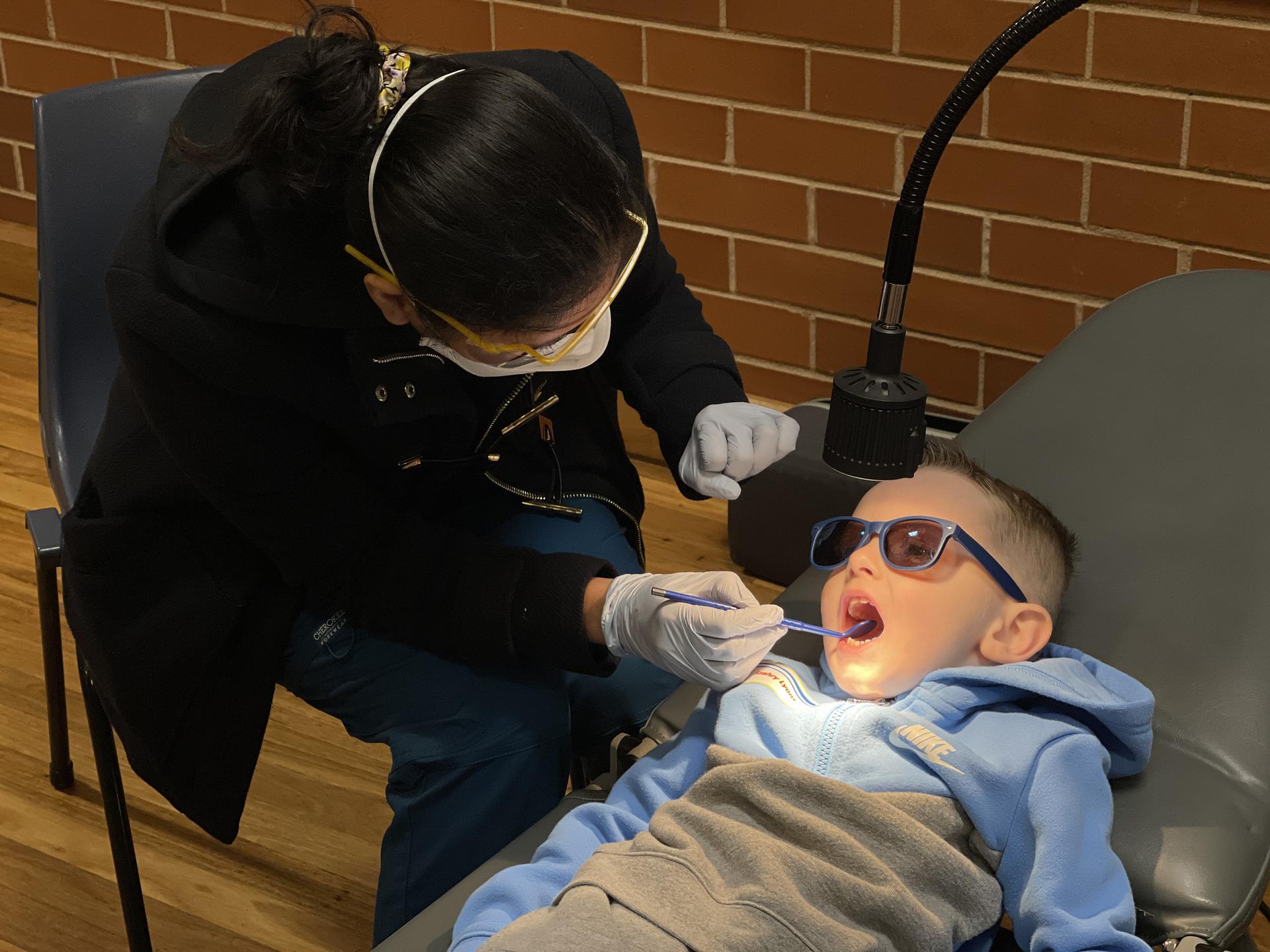 The award-winning developmental screening program, Healthy Kids Bus Stop, makes regular visits to Murrumbidgee Local Health District and has now reached a major milestone, with the 1000th child screened in the District since visits began in 2015.
The award-winning developmental screening program, Healthy Kids Bus Stop, makes regular visits to Murrumbidgee Local Health District and has now reached a major milestone, with the 1000th child screened in the District since visits began in 2015.
The Healthy Kids Bus Stop aims to improve the health and wellbeing of children aged 3-5 living in rural and remote communities through early detection of lifestyle risk factors, delayed development and, or illness.
“This is a wonderful milestone. Murrumbidgee Local Health District have been strong partners, working together across a large geographic region to deliver this important screening facility for young children", said Royal Far West’s Community Programs Manager John Reid.
Hunter New England sends medical supplies to Ukraine
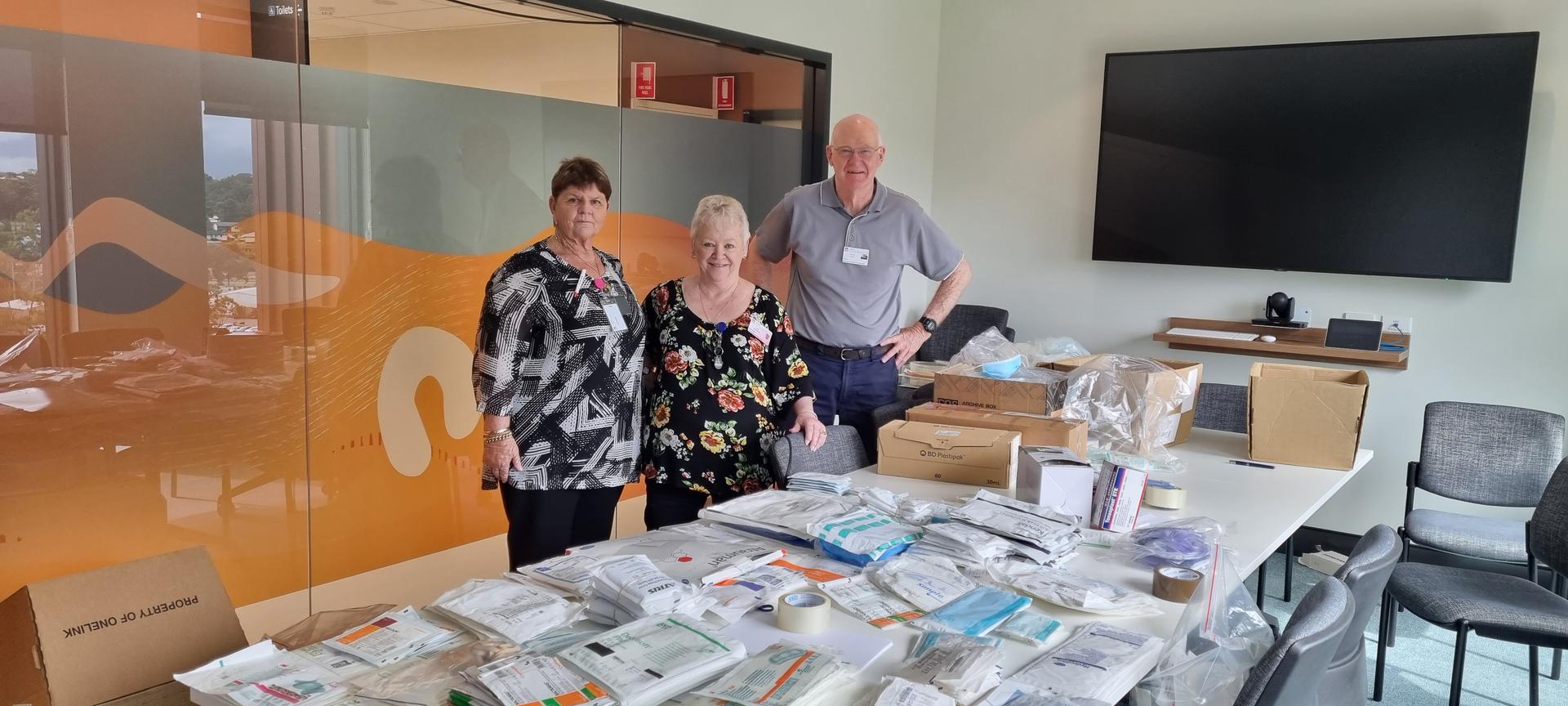 While most medical equipment and supplies from Hunter New England LHD's Maitland Hospital were transferred to the new facility or other sites across the District, not everything could be moved on.
While most medical equipment and supplies from Hunter New England LHD's Maitland Hospital were transferred to the new facility or other sites across the District, not everything could be moved on.
Executive Director for Clinical Services, Nursing and Midwifery, Elizabeth Grist, who is a member of the International Coordination of Medical Aid for Ukraine, worked with Dr Adam Walczak, Deputy Director of the John Hunter Health and Innovation Precinct to donate surplus medical supplies and equipment that couldn’t be further utilised to Ukraine.
More than 180 boxes of medical supplies including dressings, syringes, cannulas, bandages and PPE were packaged up by volunteers and taken to London, before being driven to the Polish border. Once received by Ukrainian drivers, they were then given to the Kiev Medical University to be distributed throughout the country.
“This is a cause close to my heart,” said Elizabeth. “My father, Leon Sokulsky, was born in Ukraine. I have family in Ukraine and visited them in 2019. It’s terrible to see what is happening there and so hard to believe and to understand. That’s why, when I had the opportunity to join the coordination of medical aid, I didn’t hesitate.”
“It was a real team effort. I’m thankful for the support from our Chief Executive Michael DiRienzo, the new Maitland Hospital project team including Tamie Geosits and Elizabeth Smith, and the dedicated volunteers who spent days organising and packing boxes full of supplies.”
“Thank you also to John Hunter Children’s Hospital, John Hunter Hospital, Calvary Mater Newcastle, Tamworth Hospital and all our regional and rural sites who have also donated surplus goods.”
Quick news
Internet Explorer changes
There have been changes to Internet Explorer, as it is no longer being supported by Microsoft on Windows 10.
You are encouraged to stop using Internet Explorer and instead, switch to Microsoft Edge, which now includes 'IE Mode' which enables Edge to be used for older websites and applications.
Change your default browser to Microsoft Edge by going to Windows > Settings > Apps > Default Apps.
Elevating the Human Experience Showcase
You’re invited to the Elevating the Human Experience Showcase on 29 June, 11am-12:30pm.
Join us on Level 1, 1 Reserve Road, St Leonards, or access the
Teams Link directly on the day.
Don't forget to
RSVP by 5pm Wednesday 22 June, if you wish to attend in-person or receive an Outlook invitation to your calendar.
NSW Government one-off payment for NSW Health employees
The NSW Government announced a one-off payment for NSW Health employees in recognition of their work on the frontline of the COVID-19 pandemic, which will likely commence from July through to August.
For more information about how the one-off payment applies to you, read the
One-off payment to employees of NSW Health FAQ.
NSW Health Pathology's annual Anatomical Pathology Meet and Greet
Know a JMO who might make a great anatomical pathologist?
JMOs are invited to NSW Health Pathology's annual Anatomical Pathology Meet & Greet, 3-5pm on 22 June 2022.
You can still register to attend in person at Level 1, 1 Reserve Rd, St Leonards, or virtually.
Chief Executive, Far West LHD
Umit Agis has tendered his resignation as Chief Executive of FWLHD. His last day in the role will be 1 October 2022, but Umit will take some well-deserved leave before then, from 15 July 2022 until that date.
We would like to thank Umit for all he has contributed to the NSW health system and wish him well for the future.
Brad Astill, Executive Director, System Performance Support in the Ministry of Health, will act as FWLHD Chief Executive from 15 July 2022 until recruitment for the CE role is finalised.
Meet our Secretary's Award winners
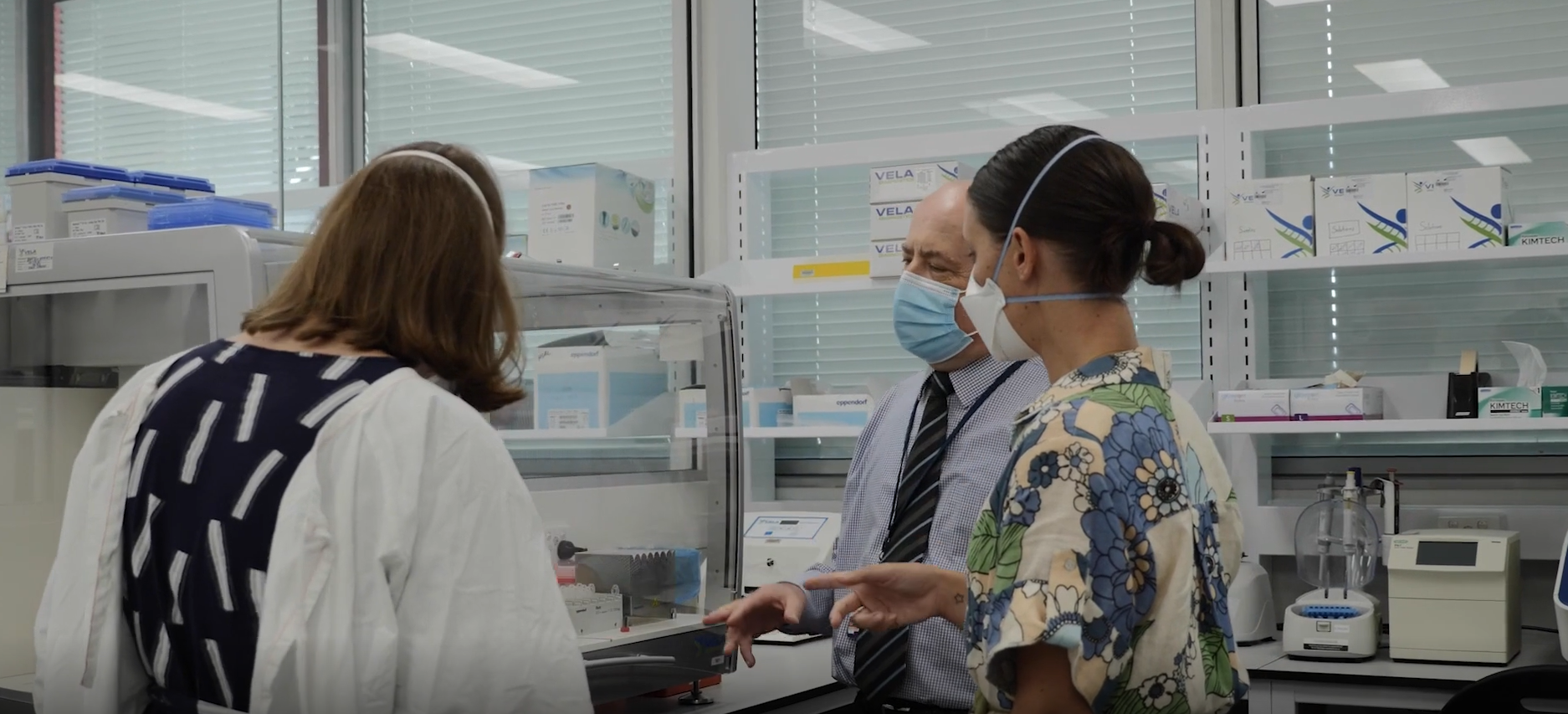 Meet NSW Health Pathology's Pathogen Genomics team, a multidisciplinary team of elite clinical scientists, translational researchers and clinicians at NSW Health Pathology’s Institute of Clinical Pathology and Medical Research, Westmead, have been vital in the fight against COVID-19.
Meet NSW Health Pathology's Pathogen Genomics team, a multidisciplinary team of elite clinical scientists, translational researchers and clinicians at NSW Health Pathology’s Institute of Clinical Pathology and Medical Research, Westmead, have been vital in the fight against COVID-19.
Working around the clock, using cutting edge technology and scientific expertise, NSW Health Pathology’s Pathogen Genomics Team has delivered world class breakthroughs:
- Growing the live virus from patient samples to enable development of reliable, accurate diagnostic testing.
- Genomic sequencing of the virus to manage outbreaks from new clusters of infections and minimise spread.
- Pioneering serology testing to help determine the extent of infection in the community; estimate the date of exposure and infectious period in confirmed cases; make retrospective diagnoses in individuals who had recovered from infection prior to testing; and guide the public health response to the outbreak.
These breakthroughs occurred in quick succession, in under three months after the first reported case in NSW in January 2020.
The team’s extraordinary efforts provided the cornerstones of detection and management of the disease in NSW and beyond, helping save thousands of lives and preventing further outbreaks. Their research and innovation breakthroughs continue to play a crucial role in the management and minimisation of the SARS-CoV-2 Delta outbreak.
Multicultural resources
International Cleaner's Day
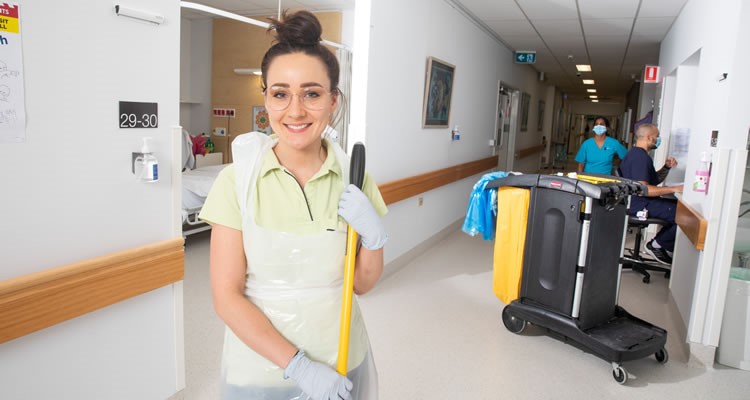 Did you know, more than 1,300 cleaners work for HealthShare NSW, cleaning more than 7,800 beds?
Did you know, more than 1,300 cleaners work for HealthShare NSW, cleaning more than 7,800 beds?
Last week, we celebrated International Cleaners Day, recognising the incredible efforts of our cleaners who worked tirelessly throughout COVID-19.
"They do such an amazing job behind the scenes keeping our hospitals safe and clean," said
Zdenka Fuller, Associate Director Food and Patient Support Services.
"Our cleaners are part of the backbone of our hospitals. We couldn't do it without them and we are so lucky to have such a dedicated and hard-working group of workers in our Patient Support Services," said Zdenka.
You've got mail
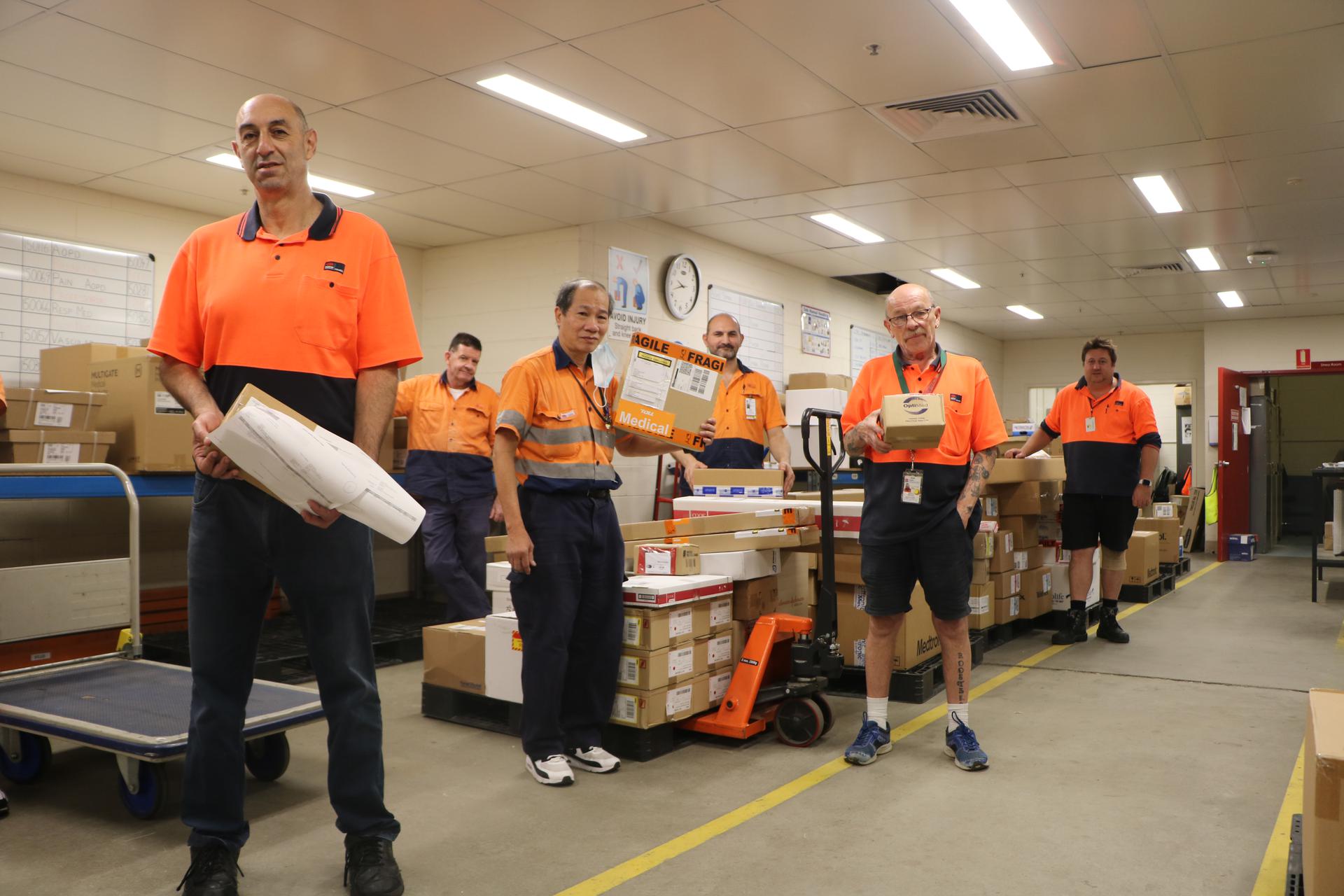 Amidst the fast paced bustle of the corridors of South Eastern Sydney Local Health District’s hospitals is an unseen army – the Dock, Goods and Stores teams.
Amidst the fast paced bustle of the corridors of South Eastern Sydney Local Health District’s hospitals is an unseen army – the Dock, Goods and Stores teams.
Many of them walk up to the equivalent of 18 kilometres a day as they bring vital equipment to our staff that they need every day. Very often it needs to be pronto.
Their steel trolleys are laden with everything from oxygen tanks, boxes of medical equipment and
Action Figure toys for the youngest patients. The delivery teams are a particularly welcome sight to the equipment managers of the Intensive Care Units.
During the pandemic, they took on extra work delivering PPE equipment, as well as boxes of wine, cakes and chocolates to doctors from grateful patients.
Chris Stratton, the manager of the SESLHD dock, said his team of eight have all gone “above and beyond” their usual duties over the last few years to keep the hospital supplied with essential equipment, he says.
Bandages, stethoscopes, gloves, catheters, masks, gowns: everything you could ever imagine that is needed in the operating theatre and the wards comes through the docks, mail and goods room. In the mail room alone, more than 50,000 letters and pathology reports are processed every month.
One staff member at the Randwick Campus, Thanh-Y-Le, has been delivering mail and goods for more than 25 years, and says he still loves the look of relief on people’s faces when he turns up.
Prototyping Centre to open in July
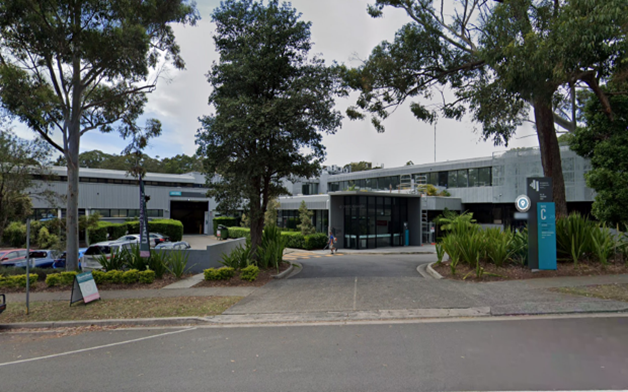 Launching soon, the NSW Health Prototyping Centre (HPC) will provide a new rapid prototyping, testing and design facility to support healthcare innovation, services, and solution improvements.
Launching soon, the NSW Health Prototyping Centre (HPC) will provide a new rapid prototyping, testing and design facility to support healthcare innovation, services, and solution improvements.
Jointly funded by eHealth NSW, HealthShare NSW, Health Infrastructure NSW and NSW Health Pathology, the Macquarie Park based facility will open in mid-July.
The new centre will deliver simulated clinical, community and laboratory spaces and services as well as workshop facilities, providing NSW Health teams with a low-cost ‘safe to fail’ environment.
Staff accessing the centre will be able to test the viability of new health products, services, and systems - determining early on what concepts should be further developed and potentially introduced into healthcare settings.
In line with NSW Health’s Elevating the Human Experience approach, the Centre will engage patients, their families and carers alongside clinicians and healthcare workers during design, testing and evaluation. Staff will also collaborate with industry, academic, research experts and entrepreneurs to explore options and create a bank of shared learnings which will support future innovation across NSW Health.
For more information contact
EHNSW-HPC@health.nsw.gov.au
From the Critical Intelligence Unit
The Critical Intelligence Unit has produced and/or released new evidence briefs on:
In the past weeks, the Critical Intelligence Unit (CIU) Evidence Digest features:
The Evidence Digest is available via the Agency for Clinical Innovation (ACI) website. To receive the Digest on Friday mornings, sign-up by emailing Critical Intelligence Unit.
The Critical Intelligence Unit continues to provide:
- Living evidence tables capturing emerging evidence on vaccines, variants of concern, transmission, post-acute sequelae of COVID-19 (long COVID), surgery, and rapid testing.
- An integrated dashboard to support risk monitoring in healthcare settings
Quick links
Have something to share?
Health check in is sent directly to all employees across the health system to keep you informed of important updates. Email story ideas, suggestions or feedback.
